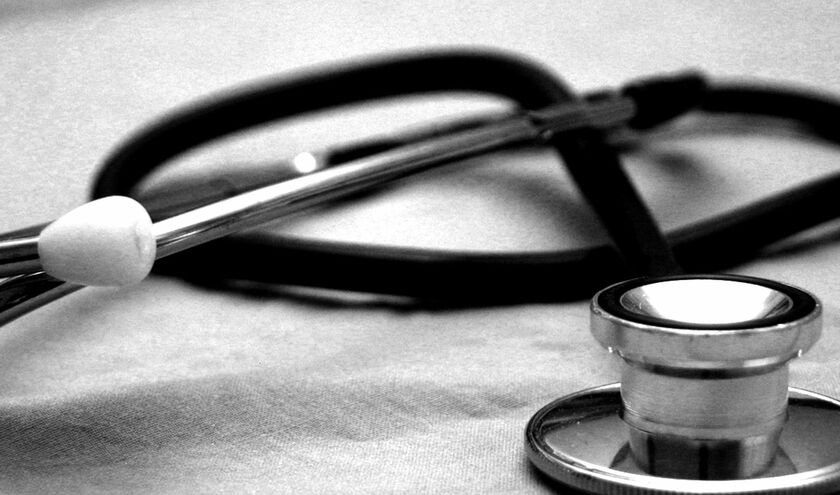In the survey by The Health Foundation and Ipsos, 38% of people ranked getting easier access to GP appointments as their top priority ahead of waiting times in A&E (33%), improving NHS working conditions (29%) and reducing routine hospital waiting times (27%).
Hugh Alderwick, director of policy at The Health Foundation, said: 'Our latest survey shows broad public support for the Government's ideas for NHS reform, like shifting care into communities. But it also illustrates how challenging it will be to balance multiple priorities for improving the health service and the difficult trade-offs this will involve.'
The poll found growing support for reducing waste and improving the efficiency of NHS services, up from 24% in May 2024 to 29%.
It also found broad support for the Government's three shifts on healthcare with 86% supporting prevention being a top priority for the Government, followed by moving more care from hospitals to communities (82%) and making better use of technology (73%).
Around three in four (73%) were unaware of the 10-Year Health Plan, however, but once made aware of it, just over a third (35%) were confident it will lead to improvements in the NHS, while 59% were not confident.
Nearly two-thirds (65%) think the NHS/healthcare should be prioritised to receive more public spending in the future – ahead of social care for older people (26%) and housing (23%). The NHS/healthcare was the top priority among supporters of all the main political parties, with the exception of Reform UK.
Increasing taxes to maintain the current level of care and services provided by the NHS was still the most preferred funding option (42%), support for tax increases has fallen over the last two years, however, down from 53% in November 2022 and 48% in November 2023.
Around one in five (21%) thought the general standard of care provided by the NHS will get better over the next 12 months, compared with 11% in May 2024. One in 10 (11%) thought the general standard of social care will get better over the next 12 months, compared to 5% in May 2024.
Interim chief executive of NHS Providers, Saffron Cordery, said: ‘It is encouraging that people are so supportive of the three big shifts to which the health service is committed – towards more prevention, more care in community settings, and better use of digital technology.
‘But the findings show there is more to be done in explaining how the NHS is aiming to deliver these shifts through the 10-Year Health Plan.'
Ruth Rankine, director of the primary care network at the NHS Confederation, said: ‘The public backs the Government's aim for the NHS to shift care out of hospitals and into the community with a boost in primary care investment, which will support better access to GP services.
‘The 20-Year Health Plan must address steps to implement a neighbourhood health service, to help patients access a wide range of professionals closer to home and receive timely care. Combined with a shift to prevention, this will help to identify and manage people's health before it worsens.'
A Department for Health and Social Care spokesperson said: 'Our Plan for Change is transforming the NHS, and we have already met our pledge to deliver over 2m extra appointments, seven months early.
'At the same time, we are fixing the front door of the NHS by hiring an extra 1,000 GPs, proposing the biggest boost to GP funding in years – an extra £889m – and bringing back the family doctor so patients most in need see the same doctor at every appointment.'



